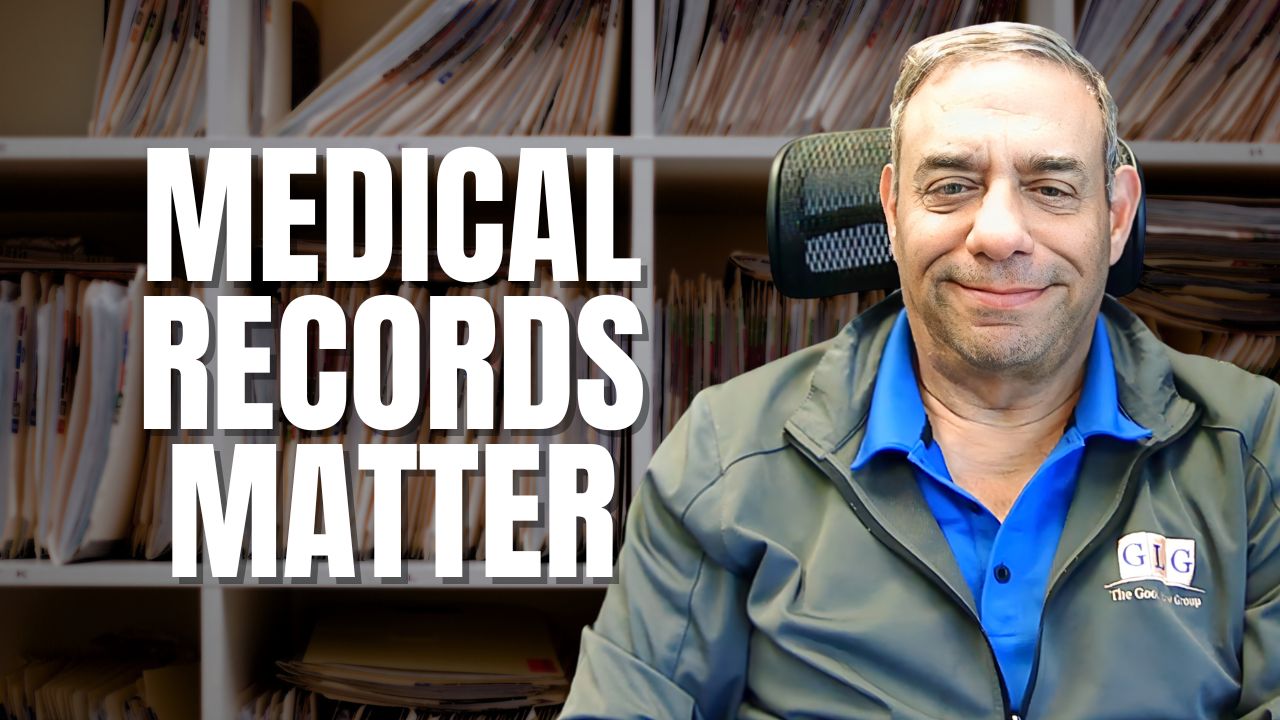Applying for Social Security disability benefits can be challenging and the Social Security Administration (SSA) can deny a claimant’s application for a wide variety of reasons. Sometimes those reasons are outside of a claimant’s control, while other times a claimant may be able to avoid doing something in particular that results in a claimant being denied disability benefits.
The process of applying for Social Security disability can be lengthy and complicated, so it is easy for a claimant to get confused and make mistakes that could result in his or her disability benefits being denied. To avoid being denied disability benefits, understand the top reasons why you may be denied disability and learn about the common mistakes applicants who have been denied disability benefits have made.
Top reasons claimants are denied disability benefits
# 1 – Earning too much income
The most common reason that claimants are denied disability benefits is that they earn too much income. While claimants are allowed to work a small amount when they apply for and are collecting disability benefits, the income earned cannot exceed the substantial gainful activity (SGA) limit or the equivalent of $1,090 per month. Income shows a claimant’s ability to work, so if a claimant is earning above the SGA limit then the SSA believes the claimant is not disabled enough to the point where he/she cannot work.
Avoid the common mistakes of not quitting work when applying for disability if you are making over the SGA limit or continuing to collect unemployment while waiting for a decision.
# 2 – The Disability isn’t severe or won’t last long enough
Social Security disability benefits cover long-term and permanent disabilities. To qualify for disability benefits, the SSA must believe a claimant’s impairment is severe enough to last at least 12 months or result in the claimant’s death. As such, claimants who request disability for short-term conditions are often denied. For example, claims based on bone fractures are often denied because those injuries generally heal in less than a year. However, each case is evaluated on an individual basis so it is possible that disability benefits for severe bone fractures may still be approved.
Avoid the common mistake of not including or alleging mental disabilities in your application if those conditions apply in your case.
# 3 – A Failure to follow treatment
The SSA may deny disability benefits to a claimant who is being treated by a doctor, but who refuses to follow the doctor’s prescribed treatment plan. A treatment plan may include taking medicine, going to therapy appointments, or undergoing surgery. However, the SSA does recognize certain legitimate medical and non-medical excuses for failing to follow the doctor’s orders.
Avoid the common mistake of not taking medicine as prescribed by your doctor.
# 4 –A Failure to cooperate with the investigation
Medical records and information about a claimant’s impairments are a key part of any Social Security disability application. Thus, if a claimant refuses to release his or her medical records to the SSA or refuses to take part in a requested consultative evaluation with a physician, the claimant will likely be denied disability benefits. By refusing to cooperate with the investigation in these ways, the SSA may choose to deny a claimant’s application based on inadequate medical information.
Avoid the common mistake of failing to go to your consultative examination.
# 5 – The SSA cannot find you
The SSA has to be able to communicate with claimants about their applications. If the SSA cannot find a claimant to schedule medical examinations or to discuss important matters, the claimant may be denied disability benefits. It is very important that claimants update their contact information with the SSA if that information has changed.
Avoid the common mistakes of failing to update the SSA about your contact information or never checking the status of your claim.
What to do if you’ve been denied disability benefits
If you have been denied disability benefits, first figure out why your application was denied. You should consider hiring an experienced Social Security disability lawyer to help appeal the denial of benefits. Your attorney can request an appeal from the local SSA office.
Avoid the common mistake of filing a new application rather than appealing the negative decision. A claimant has the best chance of winning his or her claim and being awarded disability benefits during the appeals process and filing a new application will waste a significant amount of time.
There are many details to take care of during a first time social security disability application and the appeals process if you are denied social security disability benefits. Your chances for a successful case that results in you receiving benefits increase when you have an experienced representative on your side.
Learn more by contacting Neil H. Good online or call toll-free#(847) 577-4476 to schedule your free case evaluation.








